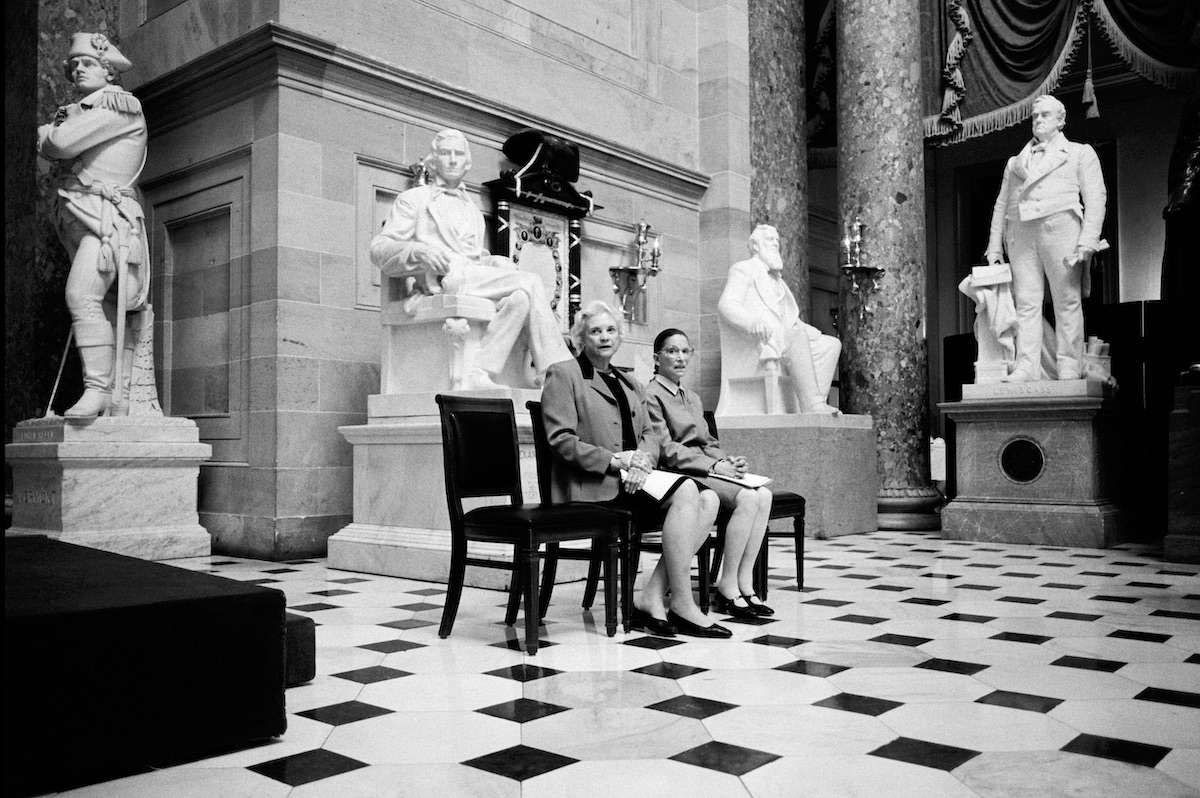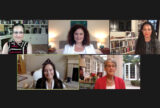
Image courtesy of Center for Creative Photography, The University of Arizona: David Hume Kennerly Archive. © Center for Creative Photography, Arizona Board of Regents
Since 1964, more women than men have voted in every United States presidential election. Yet we still don’t have a woman president or vice president; California, one of the first states to give women the right to vote, is one of 20 states that still hasn’t had a female governor, and Los Angeles has never had a female mayor. Why do women remain much less likely than men to run for office, despite the fact that they win elections at comparable rates (and that in some cases, women have an edge)? What would it take for women to achieve political power equal to that of men both locally and nationally?
One hundred years after the U.S. ratified the 19th Amendment, which was meant to guarantee American women the Constitutional right to vote, Johns Hopkins University historian Martha S. Jones, author of Vanguard: How Black Women Broke Barriers, Won the Vote, and Insisted on Equality for All, Institute for Women’s Policy Research president, C. Nicole Mason, California State Senator and author of the California Fair Pay Act, Hannah-Beth Jackson, and Rosie Rios, the 43rd Treasurer of the United States, visit Zócalo to discuss the impact a century of women voting has made on representation in America, California, and Los Angeles.
—
One hundred years after the passage of the 19th Amendment, Zócalo and the Natural History Museum of Los Angeles County present When Women Vote, a three-event series that also includes:
How Have Women’s Protests Changed History?
Thursday, August 20, 2020 – 6:00 PM PDT
What Are Today’s L.A. Women Fighting For?
Thursday, December 3, 2020 – 6:00 PM PDT
Register to receive updates for all events in the series.
The Takeaway
In the Crisis of COVID, a Moment of Awakening for Women
The Pandemic Has Pulled Back the Curtain on Gender Inequity in the U.S.—In Politics and Beyond
The image of California state Assemblymember Buffy Wicks holding her 4-week-old baby on the legislative floor earlier this month after her request to vote by proxy was denied loomed over …






